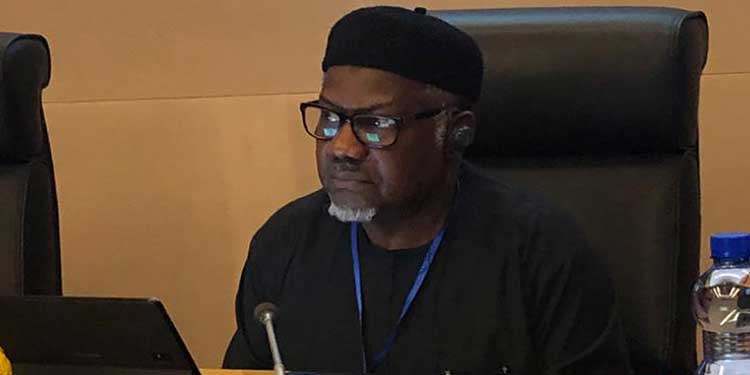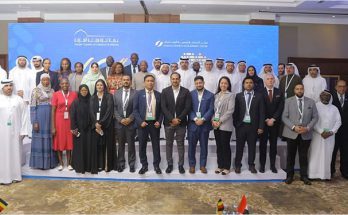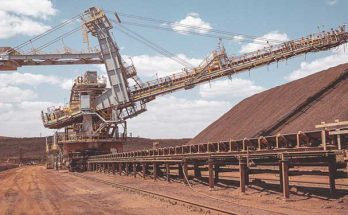
According to the Pan-African Manufacturers Association, ineffective border procedures, expensive trade, and inadequate infrastructure are the main barriers preventing Africa’s manufacturing industry from expanding.
Ahmed Mansur, the interim president of PAMA, made this announcement on November 24 at the 2024 African Economic Conference in Botswana.
Mansur also emphasized the importance of strong public-private partnerships and regional cooperation in the November edition of PAMA Manufacturing’s worldwide news bulletin, which was distributed and forwarded to PUNCH Online on Tuesday.
The conference’s theme, “Securing Africa’s Economic Future Amidst Rising Uncertainty,” centered on overcoming the continent’s economic challenges.
“Our manufacturing sector faces significant challenges, including poor infrastructure, high trade costs, and inefficient border processes,” Mansur stated. We are unable to fully profit from the AfCFTA because of these factors. Improving border efficiency, fixing infrastructural deficiencies, and lowering trade costs require our combined efforts.
African nations can improve the industrial climate, draw in foreign investment, and boost economic growth by cooperating. Due to the sector’s difficulties, it only makes up 11% of Africa’s GDP, much below its potential.
To increase the competitiveness of African industry, he advocated for focused infrastructural expenditures and implementable policies.
“The private sector must be positioned as the industrialization engine if Africa is to experience sustainable economic progress. This necessitates establishing a supportive atmosphere that lowers trade restrictions, makes it easier to obtain funding, and encourages innovation in vital industries, especially manufacturing,” he stated.
Dr. Anthony Simpasa, a representative of the African Development Bank, called for governments, development partners, and the global community to increase their backing for Africa’s private sector, characterizing it as a foundation of economic stability and expansion.
Simpasa said, “PAMA’s involvement in this prominent event demonstrates its dedication to furthering the interests of African manufacturers and promoting industrial competitiveness throughout the continent.”



